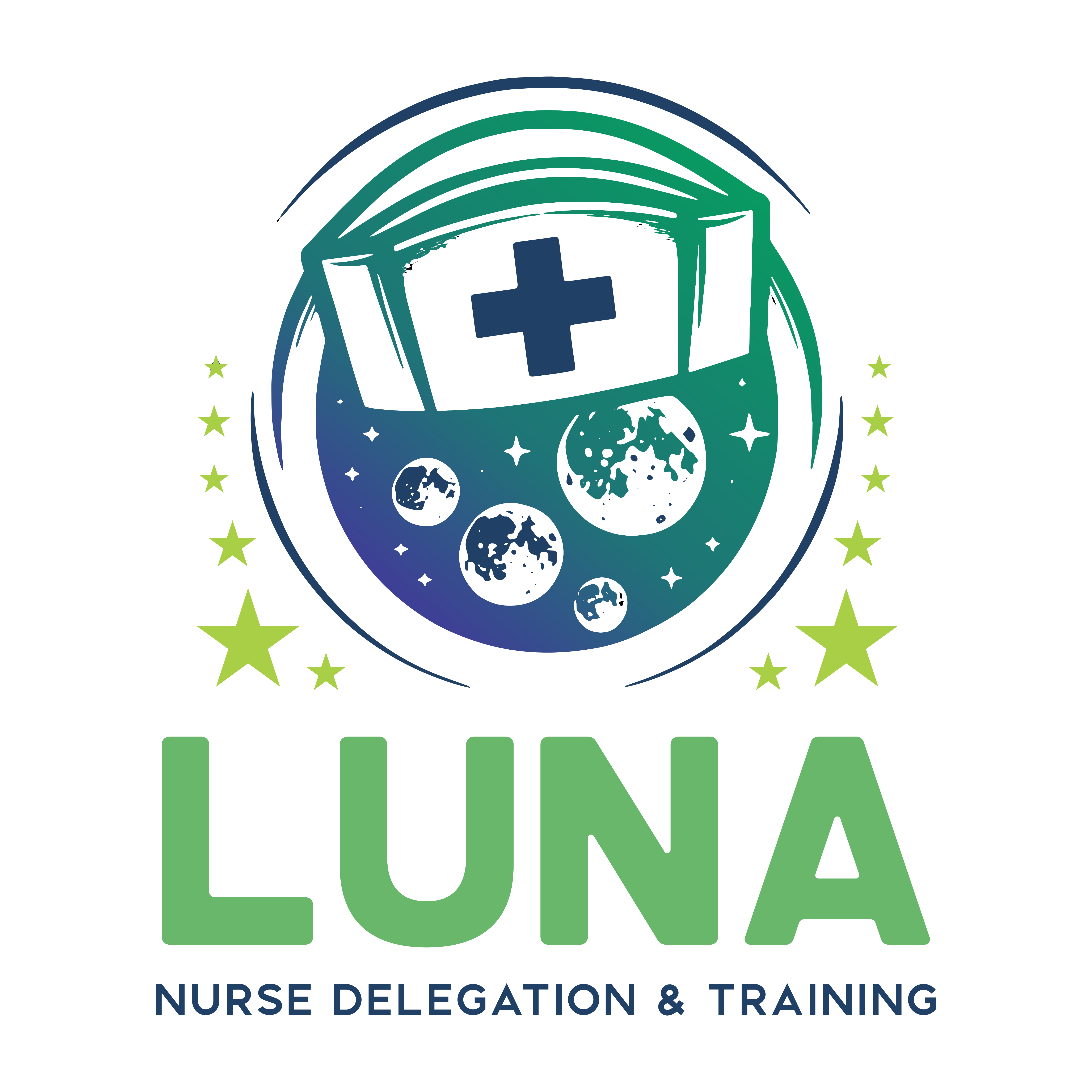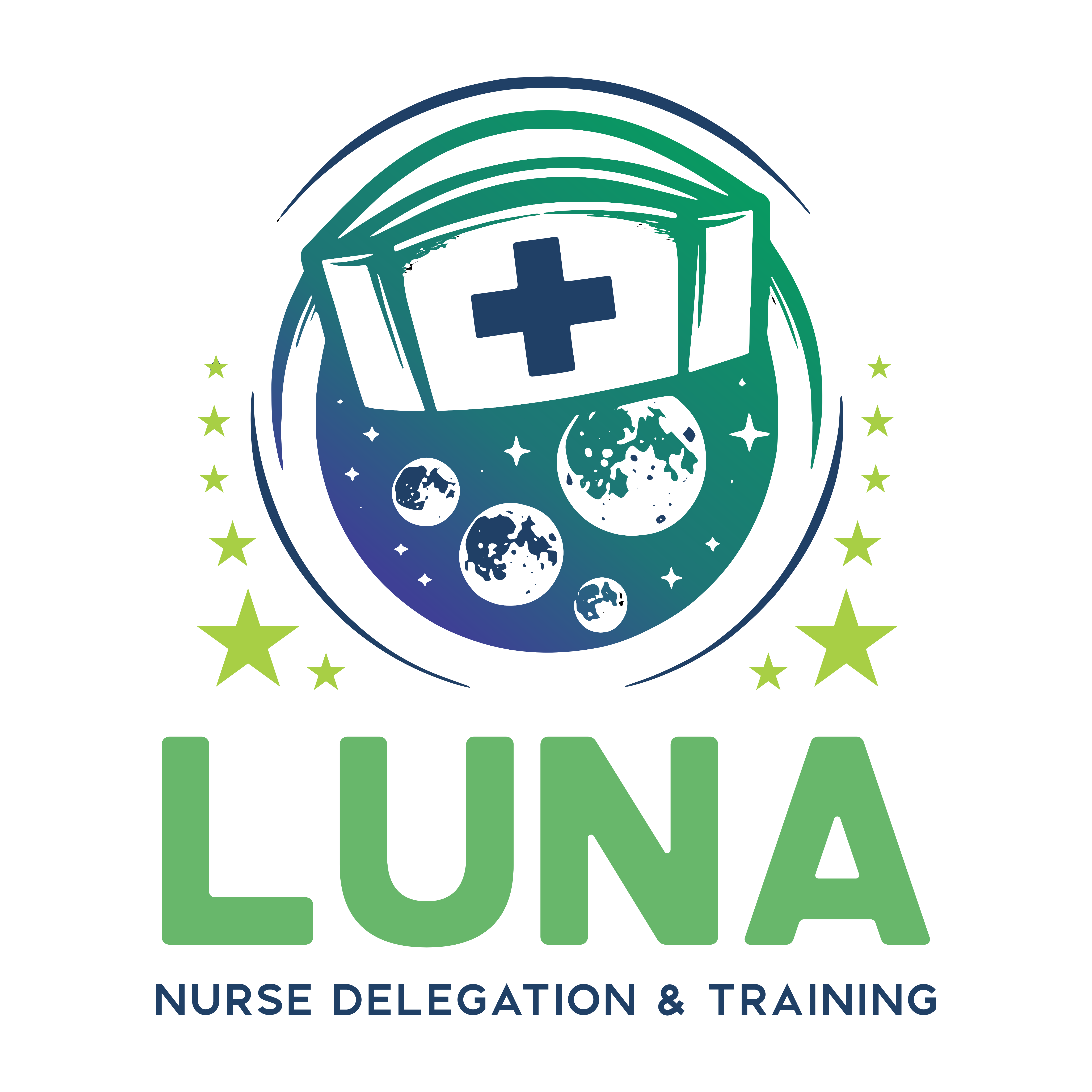Introduction: Nurses are the backbone of healthcare, playing a vital role in patient care and wellness. As the healthcare landscape evolves, nurses require specialized skills and knowledge to meet the diverse needs of patients and communities. In this blog post, we’ll explore the importance of specialized training programs in empowering nurses and enhancing the quality of care they deliver.
The Need for Specialized Training: In today’s complex healthcare environment, nurses face a wide range of challenges, from caring for patients with chronic conditions to addressing emerging health threats. Specialized training programs provide nurses with the opportunity to deepen their expertise in specific areas of practice, equipping them with the skills and knowledge needed to excel in their roles.
Empowering Nurses Through Education: Specialized training programs empower nurses in several ways:
- Advanced Clinical Skills: Specialized programs offer advanced training in clinical skills relevant to specific areas of practice, such as critical care, oncology, or geriatrics. Nurses learn to assess complex patient needs, manage specialized treatments, and provide specialized interventions to improve patient outcomes.
- Evidence-Based Practice: Specialized training programs emphasize the importance of evidence-based practice, equipping nurses with the knowledge and skills to incorporate the latest research findings and clinical guidelines into their practice. This ensures that nurses deliver high-quality, evidence-based care that aligns with best practices.
- Leadership and Advocacy: Specialized training programs cultivate leadership skills among nurses, empowering them to advocate for patients, lead interdisciplinary teams, and drive positive change within healthcare organizations. Nurses learn effective communication, negotiation, and advocacy strategies to promote patient-centered care and improve healthcare outcomes.
- Cultural Competence: Specialized training programs provide nurses with opportunities to enhance their cultural competence and sensitivity, enabling them to deliver culturally competent care to diverse patient populations. Nurses learn to recognize and respect cultural differences, communicate effectively across language and cultural barriers, and provide holistic care that respects patients’ values and beliefs.
Conclusion: Specialized training programs play a crucial role in empowering nurses and enhancing the quality of care they deliver. By investing in specialized education, nurses can deepen their clinical expertise, incorporate evidence-based practices into their care delivery, develop leadership and advocacy skills, and enhance their cultural competence. As a result, nurses are better equipped to meet the evolving needs of patients and communities, drive positive change within healthcare organizations, and ultimately improve health outcomes for all.






